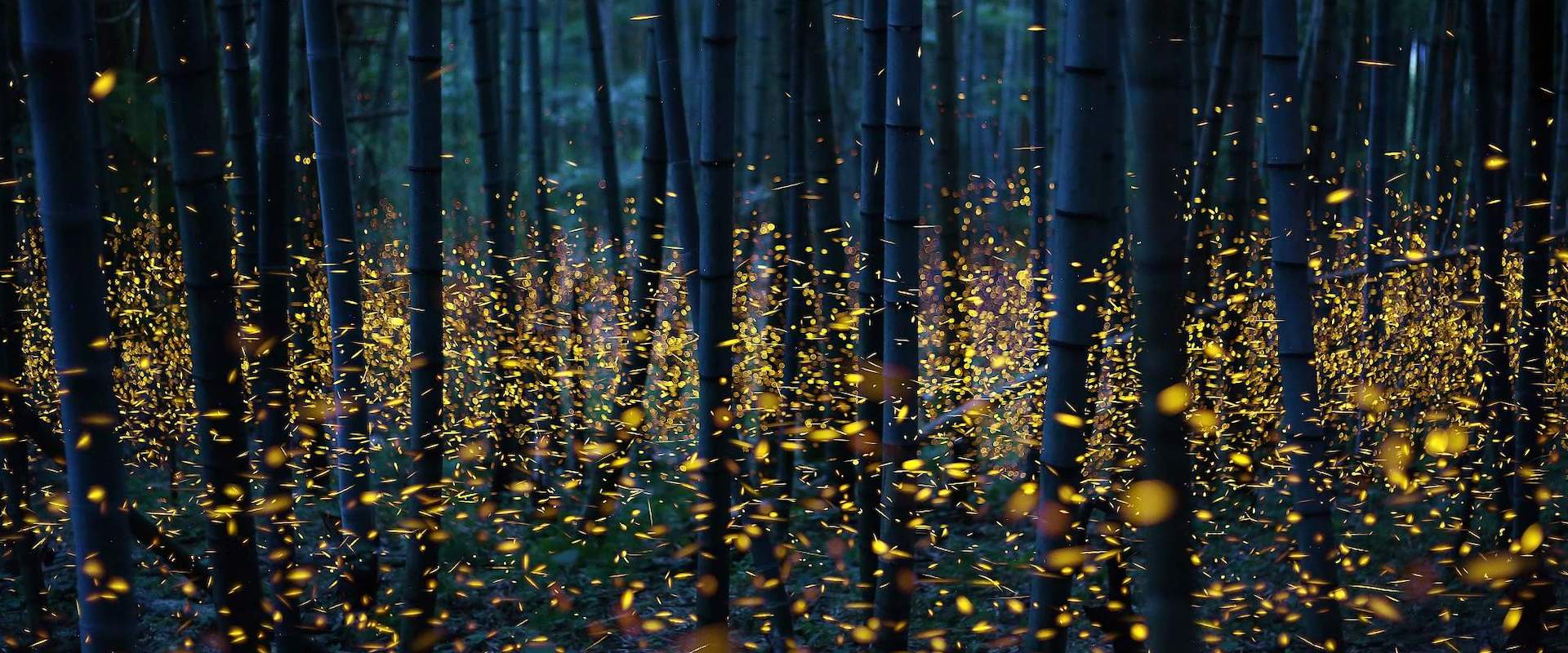

BBC Earth Podcast
Close your eyes and open your ears
Intimate stories and surprising truths about nature, science and the human experience in a podcast the size of the planet.
People
So, where does everything fit in?
You walk into a library. You want to find a particular book. But rather than seeing the titles neatly shelved by category or author, they’re assembled in a great big pile in the middle of the floor. Finding what you want is impossible. Chaos ensues. For humans to thrive, cope and succeed, we need to organise. It’s the only way to make sense of the mass of information we are constantly being pummelled with. When everything appears to be in the right place, life is far more bearable. All is right with the world.
But how can you apply that to the maddening chaos of the natural world? A world that consists of around two million named species and, incredibly, anything from 10 to 100 million undiscovered and undocumented ones?
Well, it isn’t easy. Yet one man who is committed to trying to attach some order to the biological maelstrom that is the planet Earth is Quentin Wheeler, the Founding Director of the International Institute for Species Exploration.
“The mission of taxonomy,” Wheeler explains, “is to inventory every kind of plant, animal and microbial life form on the planet. Describing in detail what makes each species unique and moreover reconstructing 3.8 billion years of evolutionary changes that explains the diversity.”
Sounds like a piece of cake. And, luckily for Wheeler, half of all named species on the planet are insects and half of those insects are beetles. And Wheeler loves the beetles.
“I was studying this obscure little beetle, I think they’re so cure. To a beetle person they’re very cute.”
But as well as being very cute, this tiny beetle proved to be a major new find, and a new species for Wheeler to discover, name and add to the organisational pile.
“You do get those eureka moments. I feel like I’ve just summited a great mountain.”
And the fun of discovery doesn’t just end there. Once you’ve found something you then get to name them.
“There were these interesting tiny beetles in the Appalachian mountains. Their heads are very smooth and shiny. I named them after Darth Vader. And there was a new species of parasitic wasp named after Lady Gaga.”
But finding and naming current undiscovered species isn’t the only problem that scientists like Wheeler deal with. Around 18,000 new species are named each year. But during that same time period, we are losing 20,000 other ones.
“For the first time in history the number of species disappearing is equal to or greater than the rate at which we’re discovering them.”
And once these species are gone… they’re gone. And not just tiny, Star-Wars-villain-lookalike beetles. Recently the longest ever insect, a walking stick, was found for the first time. If enormous insects have been overlooked until now, what else could be out there?
As Wheeler states: “So many species that we don’t discover in the next few decades will probably never be known and each species has something to teach us. As a taxonomist I really feel like we’ve only scratched the surface.”
Featured Image © Cinar Yilancioglu | Getty


Intimate stories and surprising truths about nature, science and the human experience in a podcast the size of the planet.